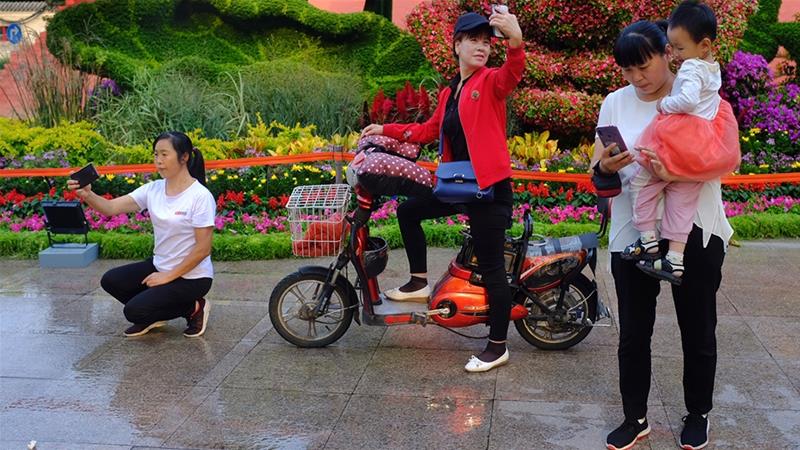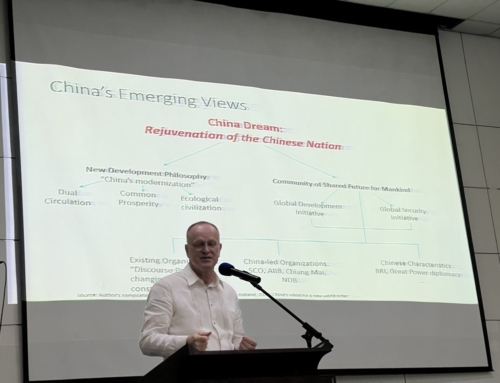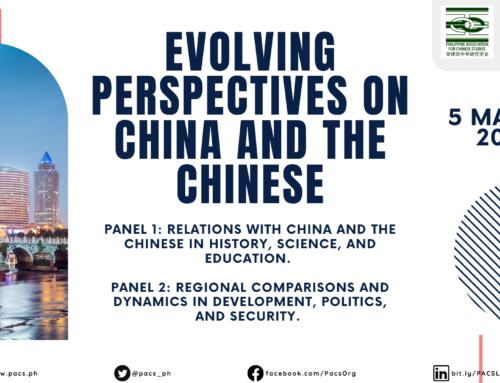Skip to content
Home/China/China women still battling tradition, 70 years after revolution
China women still battling tradition, 70 years after revolution
Beijing, China – Zhang Nuannuan kicked with such force from inside her mother’s womb that her relatives were certain she was a boy.
When the doctors announced the birth of a healthy baby girl, her father was so angry he went on a three-day bender.
Under China’s One Child Policy, the family had no choice but to funnel their hopes and financial resources into their only child, but as Zhang grew older and it became apparent that she was intelligent, funny and capable, her father warmed to his daughter.
Eventually, he agreed to fund her university education.
“He started to like me even though I was a girl,” said Zhang, who was born in 1990 and studies film in Beijing. “He said, ‘She’s one of the good ones, not like the rest’.”
The now-defunct policy has been widely criticised for a host of problems including gender-selective and forced abortions, and the creation of a dangerous population imbalance of an estimated 30 million “surplus” men.
Less discussed is the unintended boost it has given to gender equality in China: Zhang and other women born between 1990 and 1992 account for 50 percent of students in higher education, according to data released by the national Bureau of Statistics in 2017. Before the One Child Policy, it was roughly 30 percent.
Much of this can be attributed to a lack of male siblings, according to Jing Jiali, a professor of sociology at Beijing Foreign Studies University.
“Without a male child, the family’s investment is placed on the girl,” she said. “As a result, more female students are able to benefit from tutoring, expensive extracurricular activities, and then upper education.”
Zhang agrees. With a brother, she is convinced she would never have gone to university.
“Without the one-child policy, I would have been screwed,” she said bluntly. Read more…
PACS2019-10-02T07:35:54+00:00
Share This Story, Choose Your Platform!





